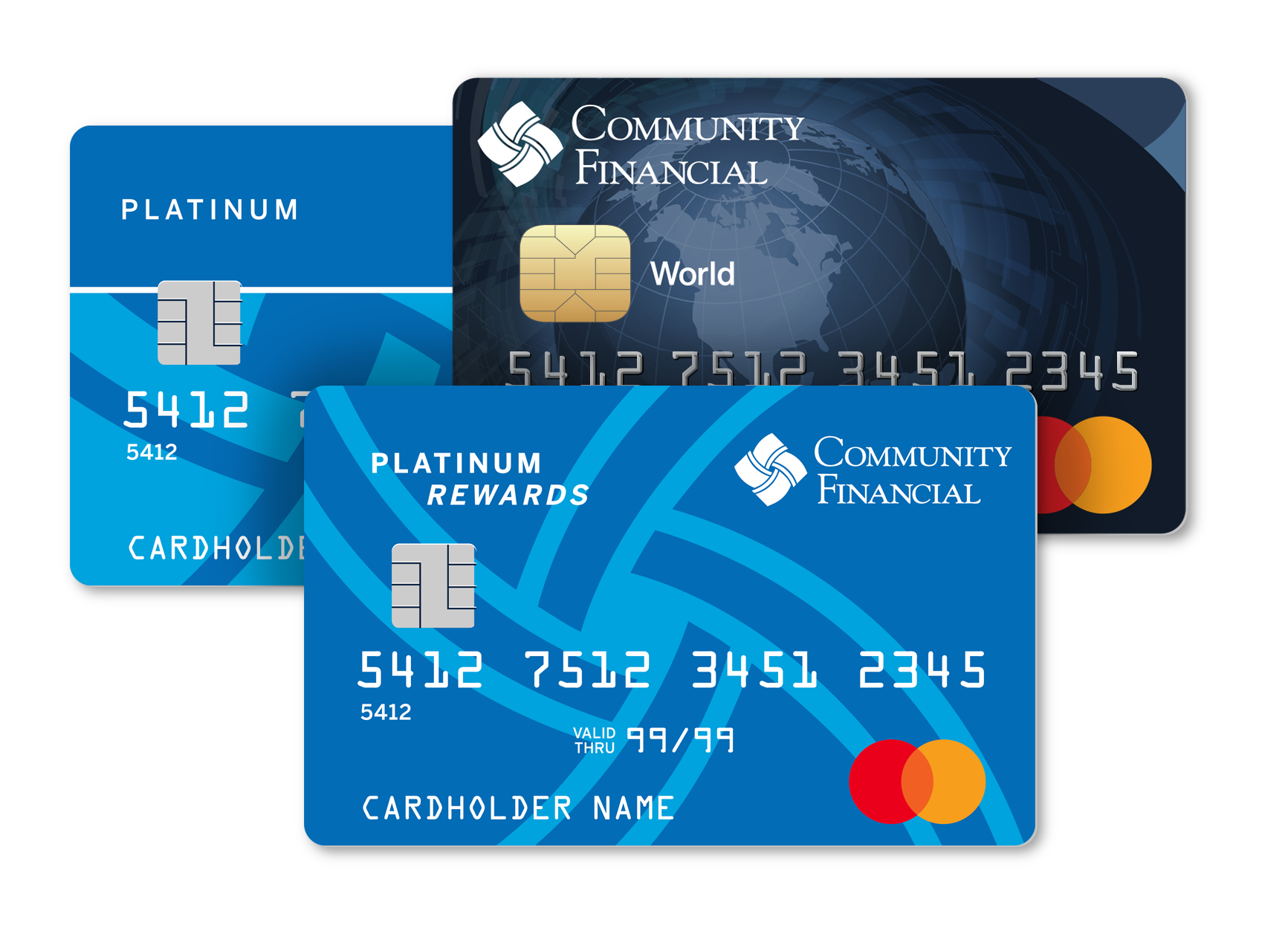Beginner’s Guide to Credit Cards
 As the world continues to trend toward cashless transactions, credit cards have become a household necessity. Managing a credit card responsibly is crucial to establishing credit history, which directly impacts your approval and interest rate for future lending, understanding credit cards—and how to use them!—is a must.
As the world continues to trend toward cashless transactions, credit cards have become a household necessity. Managing a credit card responsibly is crucial to establishing credit history, which directly impacts your approval and interest rate for future lending, understanding credit cards—and how to use them!—is a must.
Here’s a run-down of all you need to know about credit cards.
How Credit Cards Work
When you use a credit card to pay for a purchase, you’re borrowing money from the financial institution that issues the credit card. You will be approved for a credit limit that you can charge, that is typically based on credit history, credit score, and relationship. Once approved, each month, you will then be sent a bill to repay the money you’ve borrowed on your credit card. Your statement balance shows the amount you will need to pay in order to avoid paying interest (if you do not have an unpaid balance from the previous month), but the bill will also include a minimum payment in case you cannot pay in full—but this will accrue interest based on your credit card agreement’s annual percentage rate (APR). This refers to the annual cost of borrowing money with your credit card. The longer you carry a balance, the more interest will accrue.
Applying for a Credit Card
First, you’ll need to apply for a credit card. Never had a credit card before? We suggest looking into options such as a Secured Credit Card. This card requires that you put a certain amount of money “on hold” in your account to open the card, ensuring collateral in case of a missed payment. After making timely payments for a predetermined amount of time, you will get your deposit back and will be able to apply for an unsecured credit card.
If you’re a seasoned credit card holder, look no further than your local credit union for lower interest rates and unique card options. With interest rates averaging lower than big banks, credit unions offer products and services with a more personalized member service. With fixed rates as low as 8.99% APR*, Community Financial’s credit card options offer four different Mastercard® choices, including both personal and business.
Using your Card
You can use your card to pay for purchases at any merchant that accepts your card. You can charge up to the available credit line that’s associated with your card. However, to keep your credit score high, it’s best to keep your credit utilization below 30% of the available credit. So, for example, if you have a $1,000 limit, you would want to keep your balance at or below $300.
Statements
You’ll receive a credit card statement from your credit card issuer each month. The statement will include the following information:
- Summary of all transactions made on the card since the last billing cycle. This includes all purchases, payments, balance transfers, cash advances, fees, interest payments, and more. This is your “statement balance.”
- The balance from the previous billing cycle.
- The minimum payment due.
- The payment due date.
- The number of days in your billing period.
- Your credit limit and available credit.
- Any available or redeemed awards.
It’s important to review your statement for accuracy and to take note of the bill’s due date so you don’t miss a payment. Community Financial’s credit cards offer eBanking and Mobile payments, as well as the ability to set-up automatic payments. If you notice a charge on your statement that you don’t recognize, notify your financial institution immediately, as it may be a sign of fraud. To learn more about fraud and identity theft prevention, check out our online guide for Fraud Protection.
Payments
Once you’ve received your statement, you can choose how much to pay. If you pay your entire bill in full by its due date every month, you’ll avoid paying interest on the charges you made the past month and only pay the cost of the actual purchases. On the other hand, if you only make the minimum payment, interest will continue to accrue on the balance you still carry on the card. If you can’t pay the full balance, you can also choose to pay an amount that falls between the minimum payment and the outstanding balance.
Building and Maintaining a High Credit Score
Since your future lending services rely on a high credit score to nab the best interest rates, it’s important to utilize your credit card correctly to maintain a good score. Follow these tips to build your credit score and keep it high:
- Pay your bills on time.
- Pay more than just the minimum payment due.
- Keep your credit utilization low; ideally, at less than 30% of your available credit.
- Ask for a credit limit increase after six or more months of responsible credit card use. Check with your financial institution on their minimum requirements.
- Keep your cards active.
Responsible credit card usage is an important part of financial health. Follow the tips outlined above to keep your score high and enjoy the benefits for years to come. Looking for even more credit card education? We’ve got you covered! Check out our Financial Resources hub for quick, informative modules, blogs, podcasts, and more. If you have additional questions, or want to open up your own Community Financial Mastercard credit card, visit any of our branch locations, apply online, or call a financial representative at (877) 937-2328 today!
* APR=Annual Percentage Rate and is current as of 06/21/2022.
« Return to "Money Matter$ Blog"




